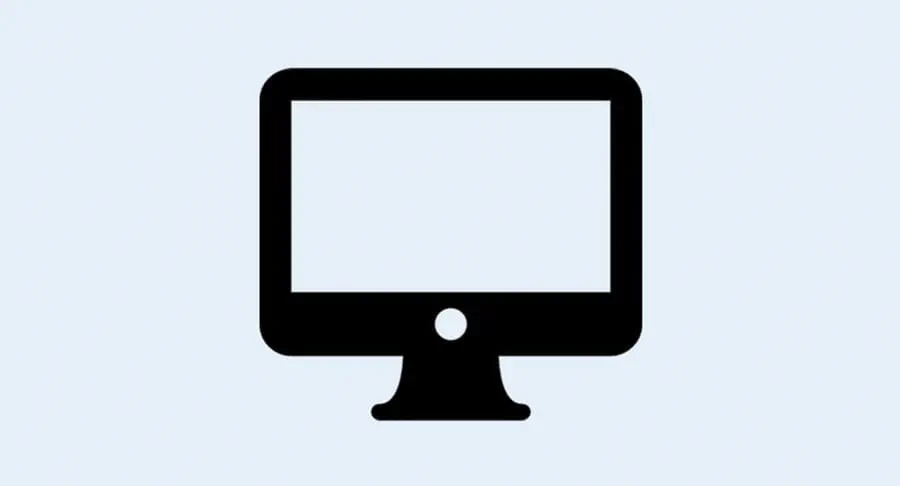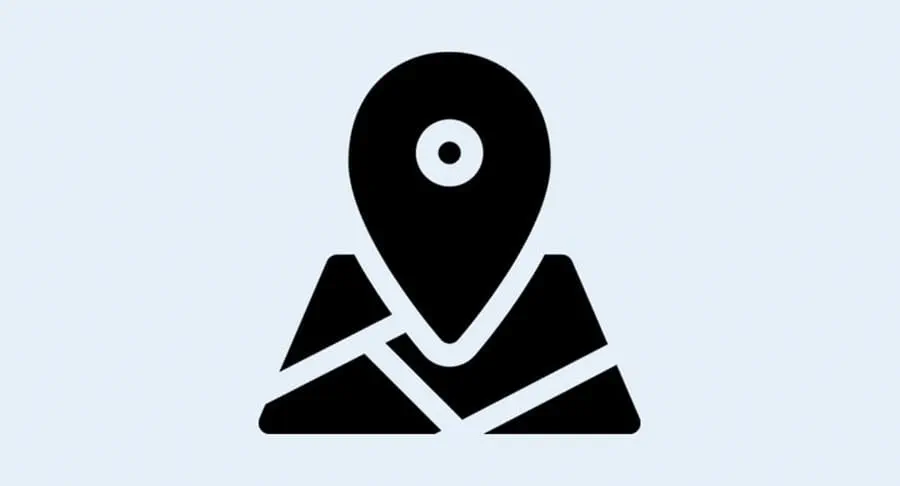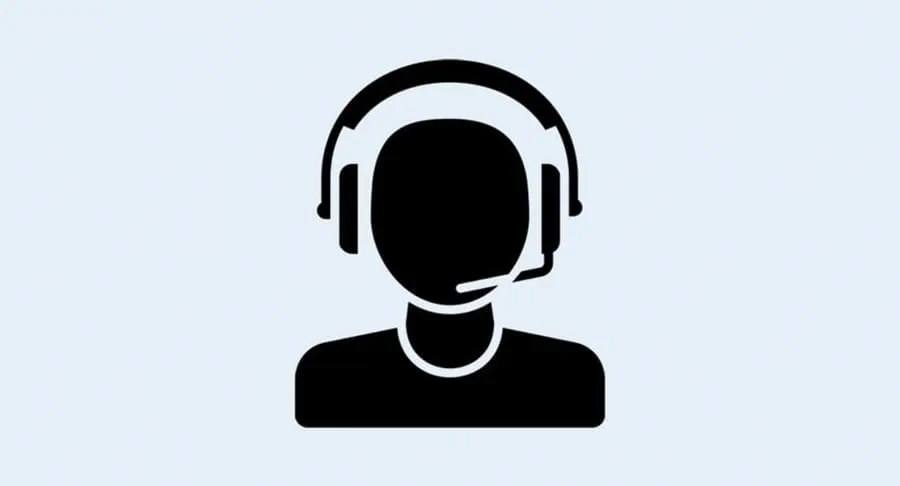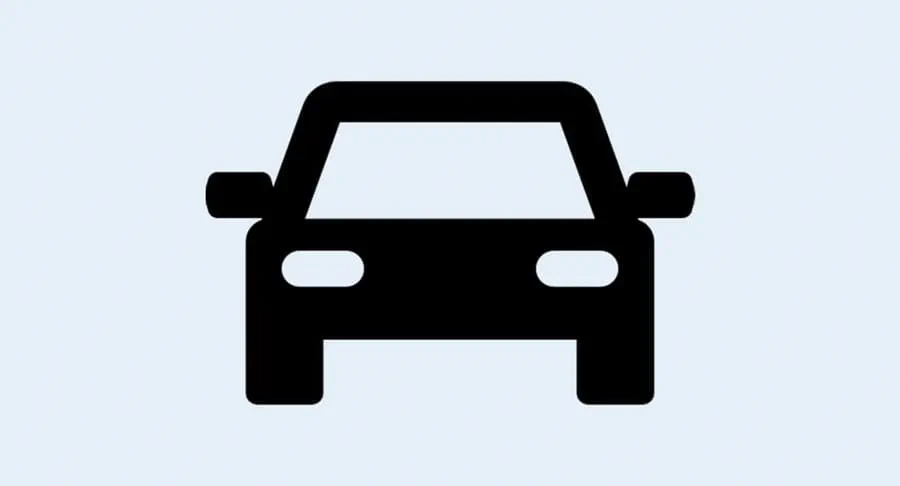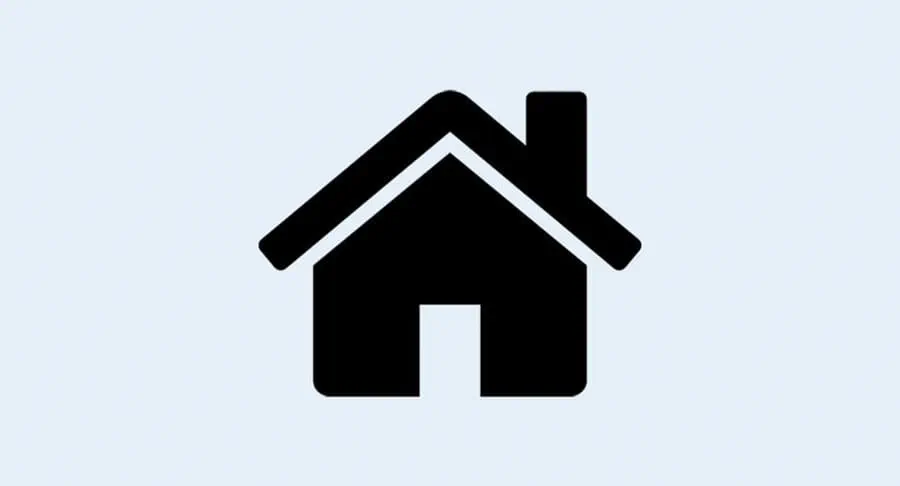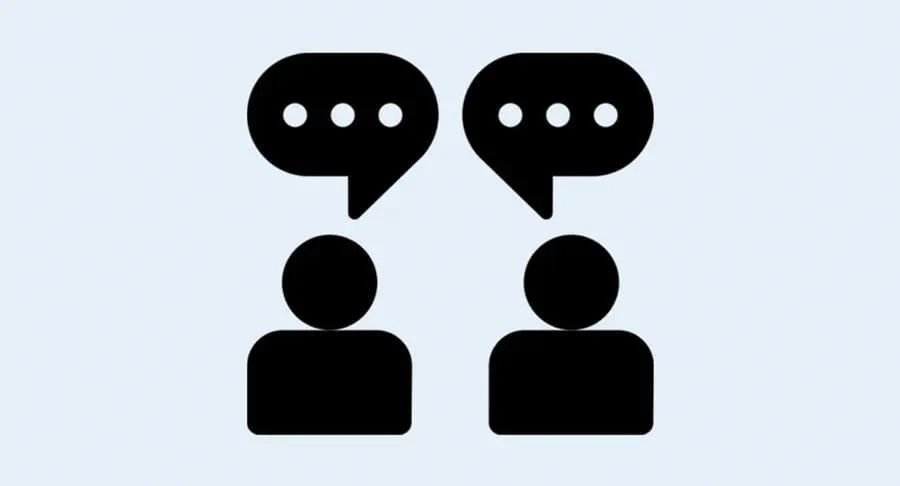2SLGBTQI+ communities
In Canada, there are about 1 million people who identify as members of 2SLGBTQI+ communities. This represents about 4% of the population. But there is not much information available about cancer statistics for these communities. We do not know as much about their physical health, and some groups within 2SLGBTQI+ communities have their health issues less studied than others. But research from around the world shows that cancer rates can be different among 2SLGBTQI+ communities compared to the general population.
2SLGBTQI+ communities face unfair treatment and discrimination in healthcare and society, which creates big problems when it comes to getting the right care and achieving good health outcomes. In Canada, many healthcare providers assume that everyone is heterosexual and cisgender, which means they do not always consider the unique needs of 2SLGBTQI+ people. Because of this, many members of these communities have had bad experiences with healthcare providers who are not welcoming, trained or informed about their needs. Though the experiences of gender and sexually diverse communities are often grouped together through the 2SLGBTQI+ acronym, trans and non-binary people typically have worse experiences and outcomes in healthcare and cancer care.
No one should face a cancer diagnosis alone or lack access to the information and care they need. But for members of 2SLGBTQI+ communities and their loved ones, there can be unique challenges and barriers that make a cancer experience more difficult than it needs to be. The Canadian Cancer Society (CCS) acknowledges its responsibility to provide cancer information, support and practical services to 2SLGBTQI+ communities, as well as advocate for healthy public policy and fund research focused on advancing health equity.
CCS has released Advancing Health Equity Through Cancer Information and Support Services: Report on communities that are underserved. The report describes the gaps, barriers and challenges faced by 10 identified underserved communities, including 2SLGBTQI+ communities. It offers insight on how to better engage with and improve supports for these communities who, like all people in Canada, deserve access to cancer care.
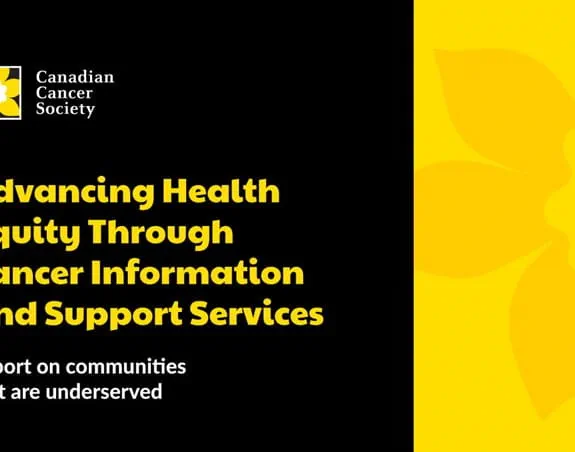
Our programs and services
Our cancer information, support and practical programs are for everyone in Canada, but here are ways that they support 2SLGBTQI+ communities in particular.
Cancer information
Community Services Locator
Cancer Information Helpline
Wheels of Hope
Accommodations
Online cancer support community
Helping you quit


